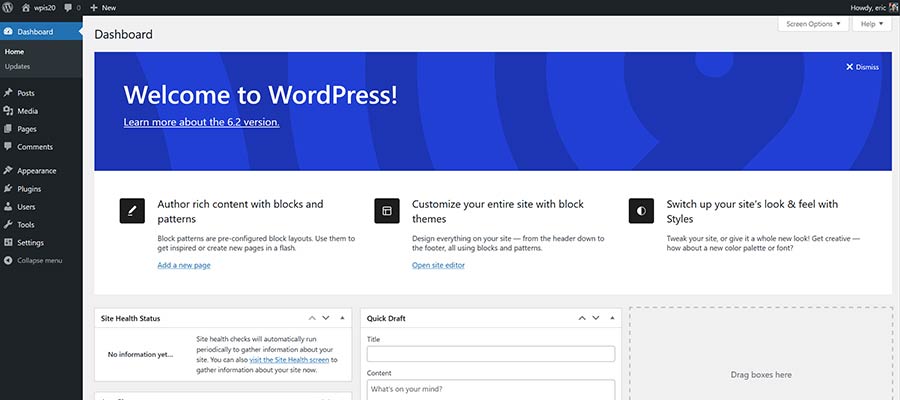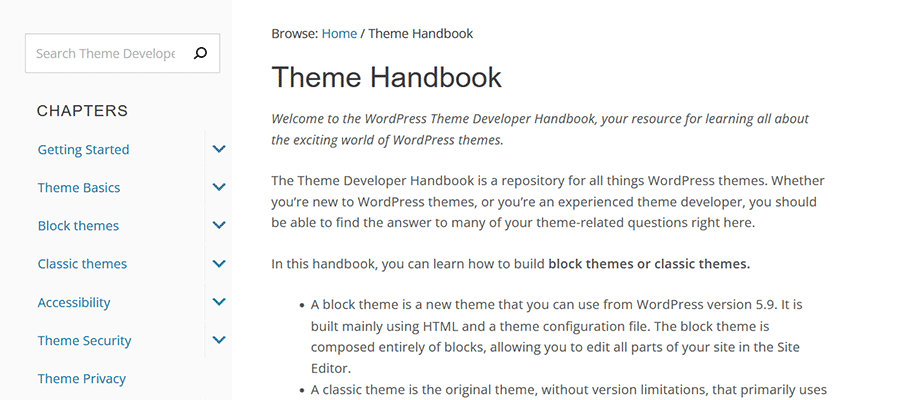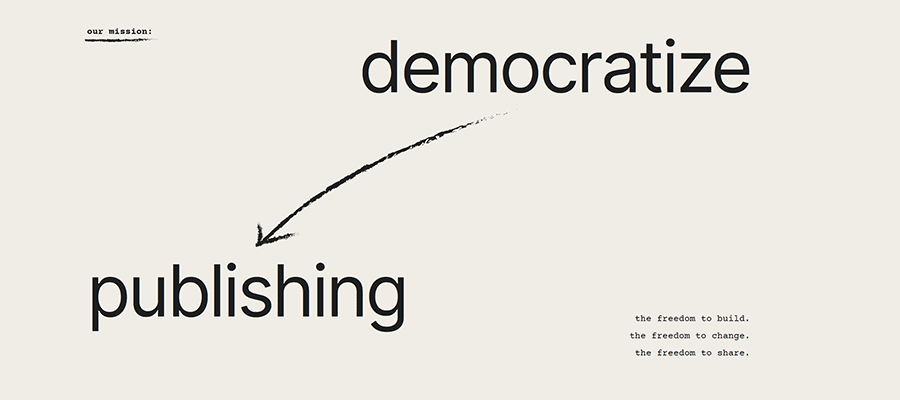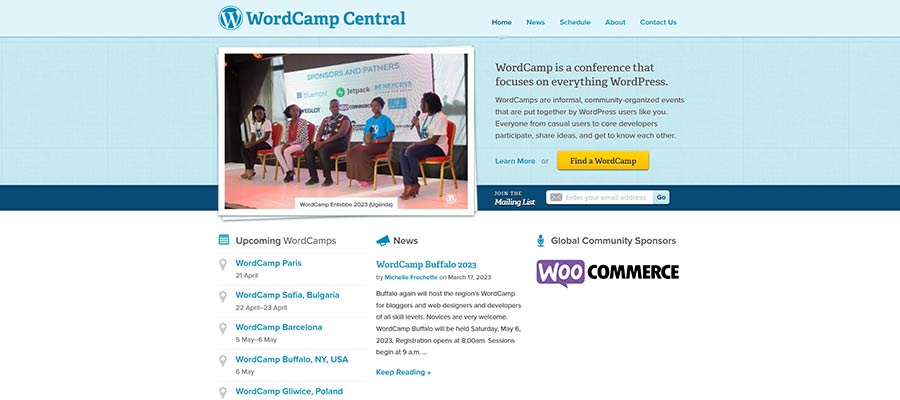Let’s pretend we’re back in the year 2003. You and I are sitting in a coffee shop. And I casually mention this new blogging software called WordPress.
We discuss some of its built-in features. And how it makes starting a blog easier. Oh, and we can’t forget that it’s free and open-source.
It sounds pretty good, right? That is until I tell you that it will still be around 20 years from now. That’s when you politely excuse yourself and grab a seat at the other end of the café.
“He’s delusional.”, you think. And I wouldn’t blame you for assuming as much.
After all, there are very few things on the web that last for 20 years. And even fewer that continue to grow and thrive. Yet, WordPress has beaten the odds. It celebrates the big 2-0 on May 27, 2023.
With that, I thought it would be appropriate to look at how WordPress has made it this far. What are the secrets of its success? Here are a few factors that have led the software to incredible heights and longevity.
A Focus on Ease of Use
The first wave of content management systems (CMS) was often frustrating to work with. The installation process was a pain. And creating content was clumsy, to say the least.
WordPress and its famous 5-minute install process were refreshing. Yes, it required some technical knowledge. But it felt like a cakewalk when compared to its contemporaries.
That focus on ease of use carried through to the dashboard. Even today, a core installation of WordPress is relatively simple to navigate. It’s only after you start adding themes and plugins that the UI becomes muddled. But I digress…
Plus, content could be easily created and organized. That allowed bloggers to focus on writing, rather than overcoming technical hurdles.
Perhaps this doesn’t sound like a big deal. But it was a game changer in the early 2000s. Once I tried WordPress, I could no longer recommend popular competitors like PHP-Nuke or Typepad. I suspect many users felt the same.
What’s more, the software has had further advances in UX. The Site and Block editors have come a long way in recent years. And many web hosts now provide one-click installations.
Is WordPress the easiest CMS to use? That’s debatable. But it still provides a path for getting started with minimal effort.

Built With Customization in Mind
WordPress also excels when it comes to customization. It’s been built to accommodate all manner of tweaks and enhancements.
The most obvious example is the massive theme and plugin ecosystem. Developers can hook into and extend the core software. That made it possible to go beyond blogs. Users can leverage WordPress to run virtually any type of website.
But you don’t have to rely on third-party code. It’s also possible to build themes and one-off custom plugins. This enables us to create site-specific looks and functionality.
Customization also extends to site content. The advent of custom post types and taxonomies has given us fine-grain control over organizing posts. And custom fields have brought the same capabilities to every part of the CMS.
In my opinion, this still separates WordPress from much of the CMS market. Many DIY build tools limit your options. Thus, if you want to go fully custom, WordPress continues to be a great choice.
At the same time, you also have access to tens of thousands of themes and plugins. This allows you to choose between readymade and bespoke solutions.

The Embrace of an Open-source Ethos
The tandem Mike Little and Matt Mullenweg co-founded WordPress as a fork of b2/cafelog. The software has remained free and open-source. And it has received contributions from people all over the world.
But what if WordPress had been commercial software? If Little and Mullenweg had charged, say $100.00 per install, would the CMS still be around?
It’s certainly possible for a commercial product to survive 20 years. But there’s no telling how it would have impacted the software’s direction. And perhaps the size and strength of the ecosystem wouldn’t be on the same level as it is today.
Adopting an open-source ethos and GPL licensing may have been risky in 2003. Projects on the scale of WordPress weren’t common. Not to mention the stigma that free software faced from the corporate world.
There were no guarantees that this structure would work. And yet it has continued to thrive. The mission to “democratize publishing” has held strong.
Anyone can download a copy of WordPress and share their message. Web designers can use it to make a living. The decision to remain an open-source project has helped make this possible.

A Community Dedicated To Sharing
The above ingredients are vital to fostering a community. They have helped WordPress build a cult-like devotion that is rarely seen in the software industry.
Community members contribute to WordPress in many ways. Some work directly on the core software or various official teams. Others are keen to interact and share what they’ve learned.
People of every background and skill level take part. There’s a robust online community. And in-person events such as WordCamps have come back post-pandemic. Indeed, WordPress meets us where we are.
Like any community, there are positives and negatives. But the continued participation of WordPress fans worldwide keeps the software relevant.
Unlike commercial competitors, WordPress does not have a huge marketing budget. They can’t hire celebrity spokespeople.
Instead, they rely on users, agencies, and freelancers to spread the word. In other words: we’re the ones powering WordPress and nurturing its growth. No other CMS can make this claim – at least not on such a large scale.
I’m convinced that, no matter how amazing the product, WordPress needs a strong community to thrive. Maintaining and improving that synergy is key to making it another 20 years and beyond.

Happy Birthday, WordPress!
It’s not often that you can say that software changed your life – or the trajectory of your career. But WordPress has done both for me. And I know many others feel the same.
So, let’s take a moment to think about the people that have contributed to the project. Their work often happens behind the scenes. We owe them a debt of gratitude.
Happy birthday, WordPress! It’s been quite a ride so far. I can’t wait to see what’s next.
Related Topics
Top